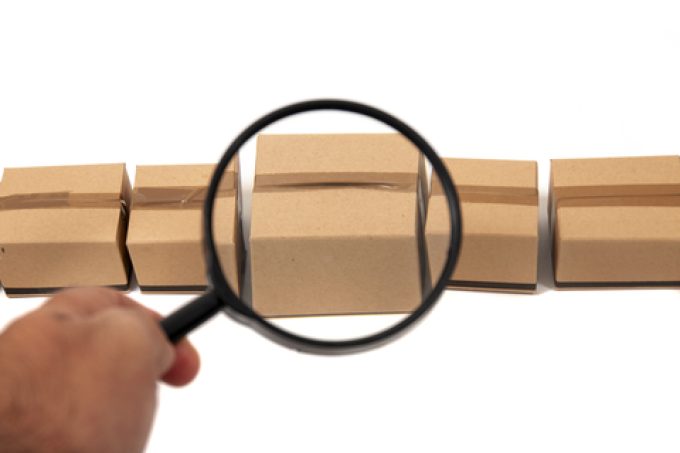CBP won't be ready for flood of extra processing after de minimis pause
Preparing US customs systems for the end of the US de minimis exemption on imports ...

Administrator general of Belgian customs, Kristian Van der Waeren, has “lost [his] patience” with non-compliant ecommerce coming into Liege airport and threatened to block shippers not playing by the rules.
Mr Van der Waeren introduced himself as “a pain in the ass for ecommerce” to delegates at this week’s EU CBEC ecommerce forum in Liege, Belgium.
“We have a tremendous explosion of ecommerce here in Liege. We have had 500m declarations already this year, business is doing well and that is a ...
Freightmate 'a product of theft, not ingenuity' says Flexport
Ceva Logistics UK named and shamed as a 'serial late-payer'
China hits out at Hutchison plan to sell Panama port holdings to MSC
Box ship in collision with tanker off UK coast
Mercedes-Benz places record order for SAF with DB Schenker
Liners plan more rate hikes to halt renewed container spot rates decline
M&A speculation swirls as EV Cargo unveils 'robust financial position'

Comment on this article